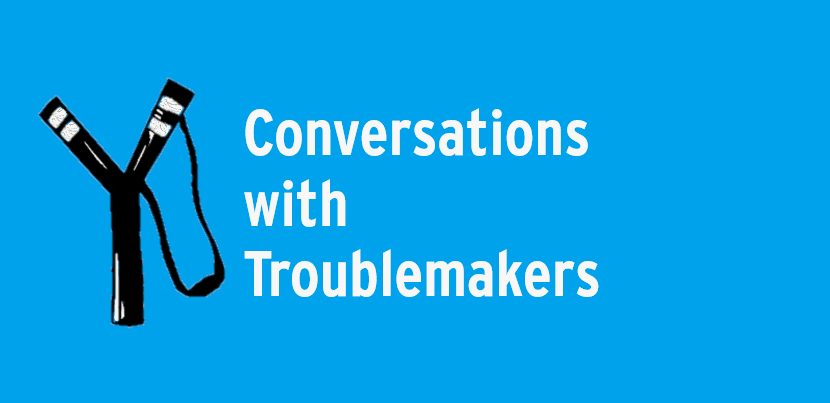VIDEO: Educators Speak Out on Organizing During the Coronavirus Crisis

Two hundred education workers from across the United States and Canada were on a call together to learn from each other about how to organize in the face of the novel coronavirus. As the virus extended its reach in Seattle and New York City, educators fought to shut down the schools.
This webinar was held on Wednesday, March 25 at 8p.m. EST. It was facilitated by Barbara Madeloni and Samantha Winslow of Labor Notes.
- Olivia Gaffner, from the Social Equity Educators (SEE) caucus in Seattle, told of how she and her colleagues organized a sickout within hours of learning that school personnel had been exposed to the virus. In their conversations with co-workers they talked about the risks posed for students who lived with grandparents and other vulnerable family members. They noted that while the district said they would close the schools for 24 hours of cleaning, crews were poorly prepared, with only face masks and gloves to protect themselves. The morning of the sickout, absenteeism was as high as 40% for educators, and students were organizing their own walkout. Later that day—within 20 hours of the first conversations among workers—the superintendent closed the schools.
- On the eastern seaboard, organizers from the Movement of Rank and File Educators (MORE), a caucus within the United Federation of Teachers (UFT), invited educators in New York City to an organizing call to discuss how to push for Mayor DiBlasio to close New York City’s public schools. Kevin Prosen from the MORE caucus discussed how almost 500 members called in to the virtual meeting to discuss the risks of calling out, in light of New York’s Taylor law (which makes public sector strikes illegal) versus the dangers of contracting and spreading the coronavirus in schools. Like Seattle officials, DiBlasio was reluctant to close the schools, citing them as the only place many students were able to be fed as well as a site for the city’s homeless students to go.
But MORE was clear that the problems of hunger and homelessness are the fault of the city and need to be addressed by the city in other ways, not by putting educators and students at risk. The calls for a sickout generated news stories and pressure from parents, students, and other politicians. Within 24 hours of the MORE call, the mayor announced that schools would be closed.
- Educators now find themselves in a whole new landscape with a range of expectations around online learning and fights to make sure that all education workers are fully compensated. Educators are also aware that this crisis can be used to further privatize public education and reshape the purpose of education. Sarah Chambers from the Chicago Teachers Union. (CTU) and the Caucus of Rank and File Educators (CORE) talked about how the structures CTU had put in place for its 2019 strike were reignited to communicate with members about their experiences with online learning. The goal of doing so, she said, was to think through and demand equity for students with special needs and to prepare to build power for struggles ahead.
- Amanda Achin, from the Massachusetts-based Educators for a Democratic Union (EDU) caucus and a staff member at the University of Massachusetts Boston, laid out the four demands EDU is moving in light of the pandemic: prioritizing relationships, connections and emotional wellbeing of students and educators; work–life balance; cancellation of student debt; and full compensation for workers for the duration of the school closures.

SUPPORT LABOR NOTES
BECOME A MONTHLY DONOR
Give $10 a month or more and get our "Fight the Boss, Build the Union" T-shirt.
These caucus-led moments of rank-and-file organizing, all panelists agreed, are going to be critical in the months ahead, as disaster capitalism pushes online learning, privatization, de-professionalization, and austerity. Labor Notes will be sponsoring more conversations with educators so we can name the issues, organize for power, and engage in the disaster organizing we need to defend public education and assert our vision of the world we want when we exit this crisis.
We want to help! Find our Resources for Organizing in a Pandemic page here: labornotes.org/coronavirus.
Trying to figure out how to start getting your co-workers together, or approaching another hurdle? Contact us at organize[at]labornotes[dot]org.






